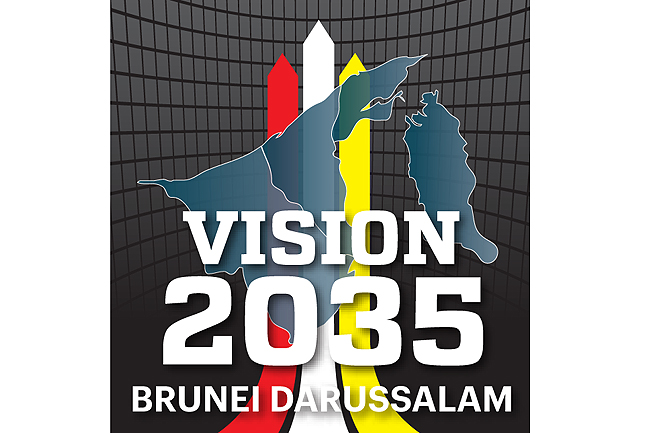Brunei urged to accelerate economic diversification, spending efficiency
THE results for several studies and statistics involving Brunei Darussalam were released in January.
One such study was the Global Competitiveness Index (GTCI). Compiled by the French business school Insead in partnership with the Adecco Group and Tata Communications. The GTCI measures how 125 countries attract, nurture and retain talented people.
Brunei ranked seventh in the GTCI for the Asia-Pacific, and placed 36th in the global rankings with the score of 49.91. Referring to Brunei’s position at the table, the report noted that among the eight countries new to the GTCI this year, the Sultanate is the only one classified as a high-income country.
The index showed that Brunei performed the strongest in the pillars related to Enable (28th), and Vocational and Technical Skills (24th), and Attract Talent (37th), while its main constraint is in Global Knowledge Skills (51st) and in Growing (65th) talent.
The report also said that Brunei Darussalam is among the 10 best performers for the Eastern, Southeastern Asia and Oceania.
Meanwhile, it was reported on January 3 that, according to the preliminary assessment by the ASEAN+3 Macroeconomic Research Office (AMRO) after its Annual Consultation Visit to Brunei Darussalam, the Brunei economy is expected to pick up in 2019 after going through a slowdown last year.
The assessment added, however, that increased efforts are needed to improve discipline in the fiscal sector, safeguard the soundness of the banking system, and diversify the economy to enhance potential growth.
The Annual Consultation Visit to the country took place on November 13-19 last year, and the mission was led by AMRO Lead Economist Dr Siu Fung Yiu, while Director Dr Junhong Chang and Chief Economist Dr Hoe Ee Khor participated in several policy meetings.
Dr Yiu said, “After posting a positive growth of 1.3 per cent in 2017, Brunei’s economy is believed to have declined at 0.5 per cent in 2018 but expected pick up to 2.1 per cent in 2019, supported by strong foreign direct investment (FDI) inflows and the commencement of a large refinery operation.”
“It is important for authorities to accelerate economic diversification as well as improve spending efficiency to enhance the long-term growth prospects of the economy.”
January also saw the release of the ‘State of Southeast Asia: 2019’ online survey conducted by the ASEAN Studies Centre of the ISEAS-Yusok Ishak Institute between November 18 and December 5, 2018 to seek the views of Southeast Asians on regional affairs.
One of the findings of this survey was that Bruneian respondents expected moderate to strong economic growth this year in the ASEAN region in spite of uncertainties.
It was shared that the survey covered many influential people in Southeast Asian countries.
The survey, mostly of the region’s political elite, found that the 55.4 per cent of the respondents who hold a positive economic outlook for the region outweighed the 21.3 per cent who feel that the 10 ASEAN member countries would experience a moderate or sharp downturn this year.
It was reported that the most bullish sentiments were found in Laos (86.2 per cent), Cambodia (66.7 per cent) and Brunei Darussalam (64.4 per cent).
The survey used the purposive sampling method, canvassing views from 1,008 Southeast Asians who are regional experts and stakeholders from the policy, research, business, civil society, and media communities.
The results of this survey are not meant to be representative, but rather aim to present a general view of prevailing attitudes among those in a position to inform or influence policy on regional political, economic and social issues and concerns.
In addition, during the launch of the Digital Payment Roadmap for Brunei Darussalam 2019-2025 of Autoriti Monetari Brunei Darussalam (AMBD) on January 21, it was revealed that online and mobile payments usage in Brunei Darussalam grew by over 100 per cent in 2017 compared to the previous year.
Over the same period, the usage of both debit and credit cards also increased, jumping over 30 per cent with BND2 billion being spent.
AMBD Managing Director Yusof bin Haji Abdul Rahman said that AMBD recognises the great potential for further development in this area, and has taken the opportunity to develop the roadmap to facilitate, enable and drive Brunei’s payments economy as part of a drive to turn the country into a Digital Payment Nation by 2025.
Source: https://borneobulletin.com.bn/brunei-urged-to-accelerate-economic-diversification-spending-efficiency/


 English
English




